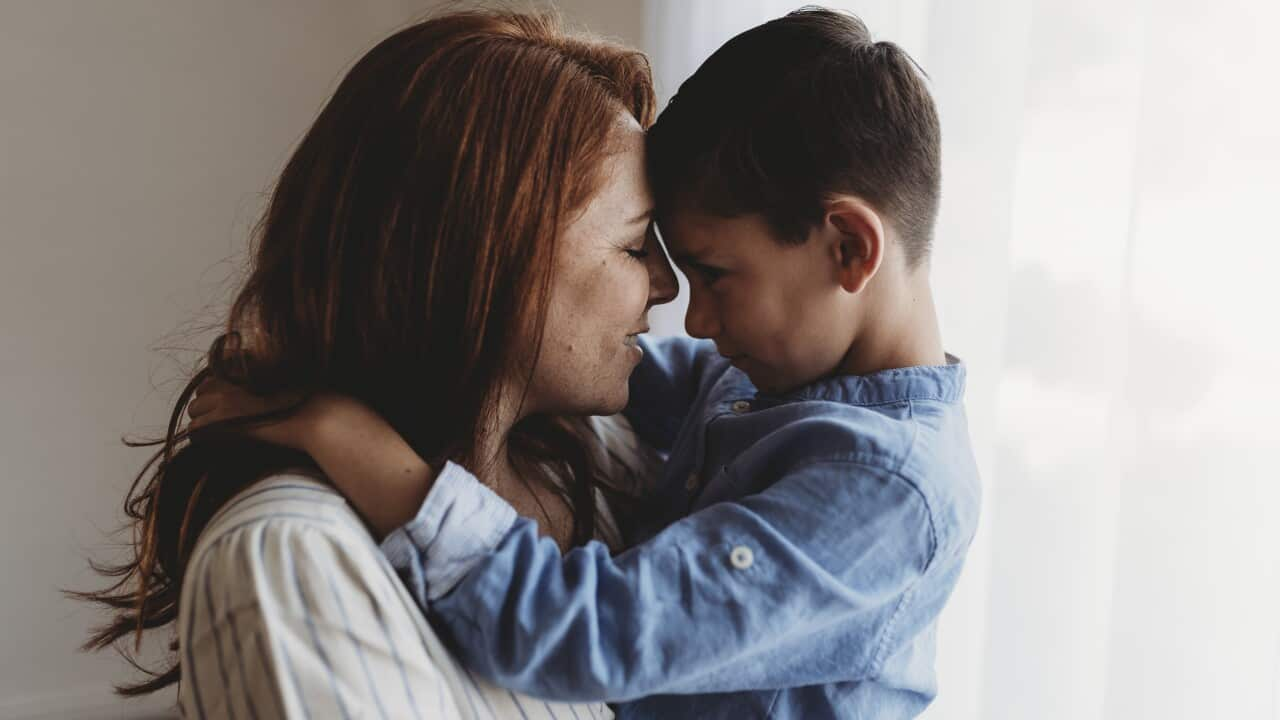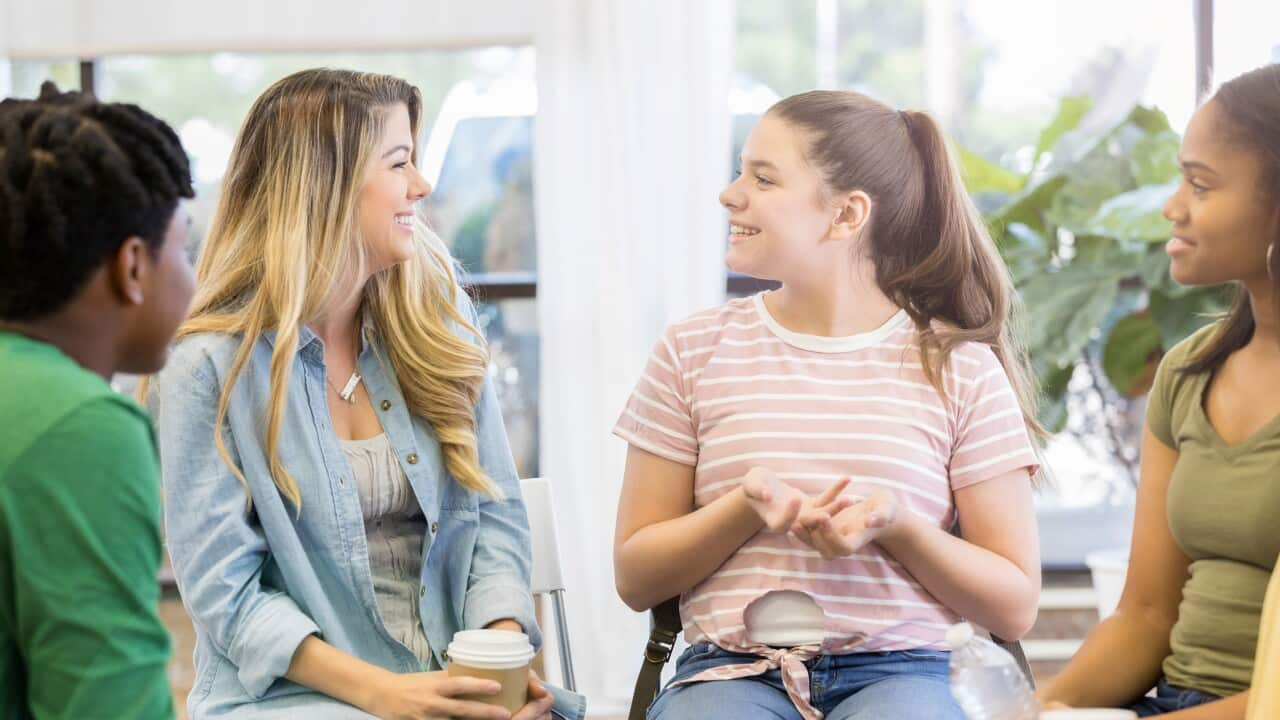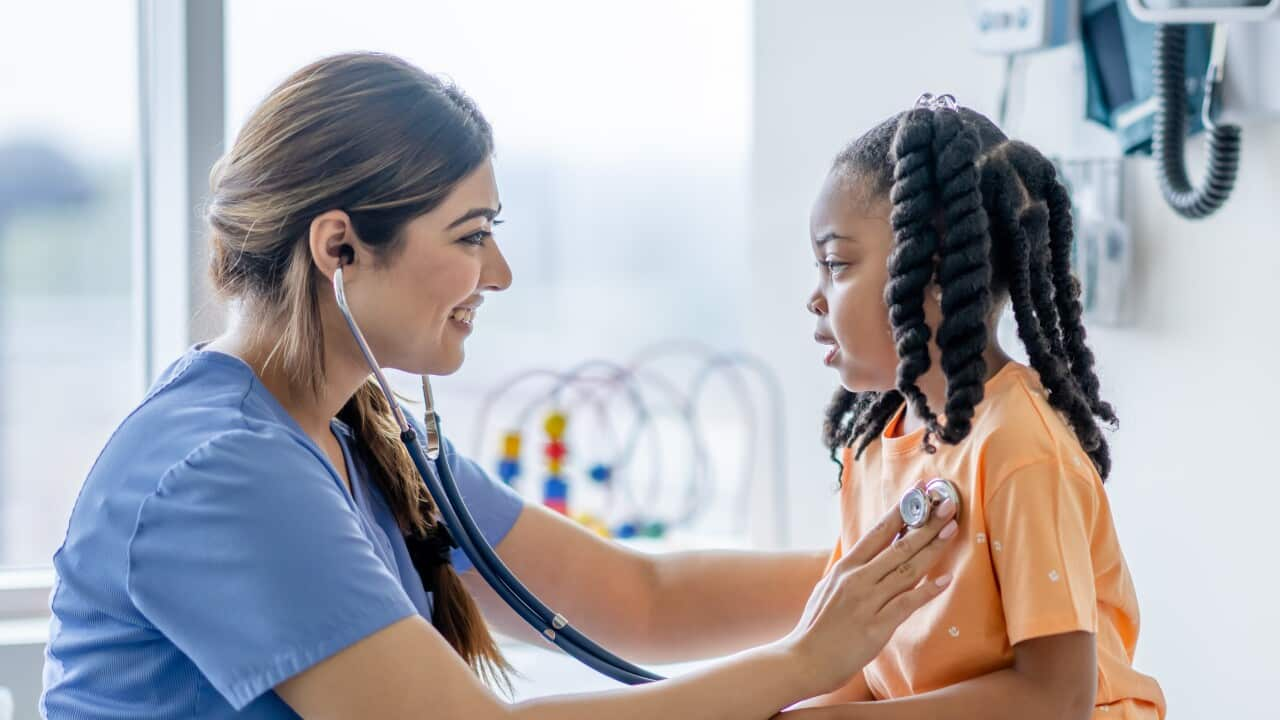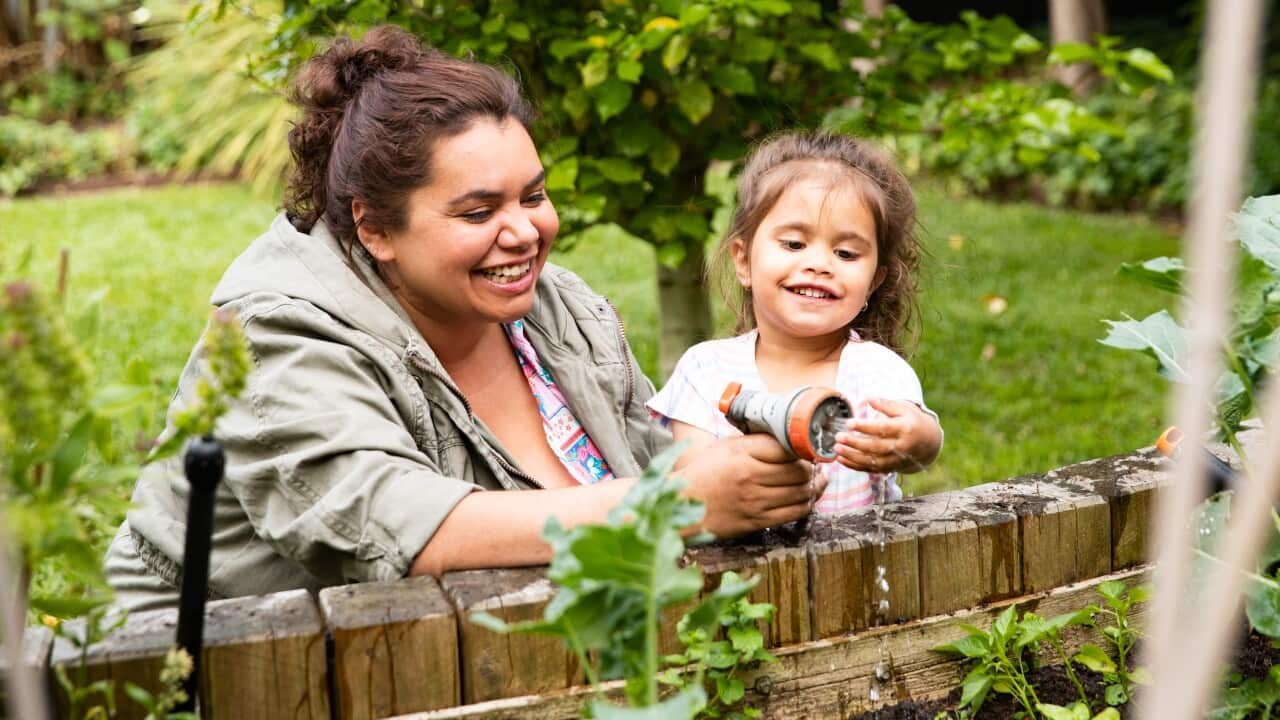Key Points
- Sexual health is taught in Australian schools from Kindergarten to Year 12
- Age-appropriate sex related concepts are taught according to child developmental theory
- Experts recommend parents talk to their children about sexual health often and early
- Despite abundant availability of sex education resources in Australia, many teenagers obtain information via the internet, their friends or by visiting GPs
Sexual health is part of every person’s overall life and well-being. It goes beyond sex, conception, and pregnancy, as it includes aspects of a child’s development into adulthood, hygiene, intimacy, and affection. It is also the cornerstone of how to maintain positive and healthy relationships.
Sexual health is taught across Australian schools from preschool to year 12.
The national syllabus is based on child developmental theory, which considers the physical, emotional, and psychological stages of human maturing, according to international scientific standards.
“It follows the evidence of sexual development for children at different ages,” Renee West, a secondary schooling advisor at the NSW Department of Education explains.
“The resources are reflective of UNESCO’s international guidance on sexuality education, which has been evaluated for decades to make sure that we're in line with … what should be taught, to make sure it's inclusive of all students.”
READ MORE FROM THE SETTLEMENT GUIDE

Positive role models can stop the cycle of gender-based violence
What students learn, when
In kindergarten, children start by learning the correct names for body parts and their functions.
In primary school, they’re taught reproductive health, how the body changes during puberty, and menstruation.
In secondary school, lessons progress to conception, pregnancy, sexual behaviours, contraception, and sexually transmitted infections (STIs). As students mature, they are also taught more complex topics regarding relationships, consent, and intimacy.
“They learn about aspects of privacy and body autonomy, and also protective behaviours”, Ms West adds.
“The curriculum is focused on positive outcomes for students … Understanding their body, how [it] functions and their role within a relationship as they move through life ... so the concept of privacy for kindergarten obviously looks very different to the concept for [older students].”

Education experts Ms West and Ms Zemaitis say children learn about relationships and boundaries regarding affection at a very early age, so these are important topics to discuss in the context of sexual health. Source: Getty / Getty Images
“Most young people in our classrooms, regardless of age, are curious. They just want to know that what's happening to them is normal and that other people are experiencing it as well,” she says, while explaining that school often becomes the forum to discuss the issues that remain taboo or unspoken at home.
Effective sexuality education delays the initiation of sex. The earlier we can teach and the more we can teach, the more informed they are, and the better the decisions they make.Renee West, PDHPE Advisor Secondary Education, Educational Standards Directorate

Parents can reach out to schoolteachers for support and guidance regarding how to talk to their children about sexuality and how to maintain healthy relationships. Source: SBS
“I actually challenge parents to initiate the conversation,” she says.
If the child doesn’t feel safe, chances are they’re going to look online for answers, and they may not find the right information.Cathy Zemaitis, Director of Curriculum for Secondary Learners, NSW Department of Education.
LISTEN TO

Antenatal care in Australia: what is it and why it’s important?
SBS English
10:42
Enlisting the help of a GP
Parents who feel unsure about how to discuss sexual health matters can seek support from their children’s schools. They can also consult their family doctor or GP.
Dr Magaly Barrera has been working as a GP in Western Sydney for 30 years. Dr Barrera says unfortunately, most teenagers come alone asking for advice, as they feel they cannot talk about sex at home.
“The minority of my patients have spoken to … or have come with mum requesting a consultation for sexual related issues,” Dr Barrera laments.
She says many teenagers secretly request STI tests or birth control, as they are too afraid or embarrassed to speak to their parents. She encourages them to raise the topic with their families or teachers, especially when they are younger than 16 years old.

Dr Barrera encourages parents and young patients to discuss sexual health within a positive and scientifically-informed framework foremost, but without dismissing the family's own cultural values. Source: iStockphoto
She says most parents only come with their children to discuss sexual health when they’ve reached a developmental milestone — when girls get their first period, when boys first wet their pyjamas, when the kids start masturbating, or when experiencing puberty related issues.
She takes these opportunities to open a discussion about sexual health. However, she often faces the challenge of antagonising some family’s religious beliefs.
Dr Barrera says she tries to overcome taboos by being respectful, sticking to scientific information, and using props.
I always ask permission to the child to examine them. If they say ‘no’, it's no.Dr Magaly Barrera, Family GP
She shows patients models or pictures and asks them to point to the image that best describes their situation or ailment.
“That relaxes them and teaches them [consent].”
Dr Barrera recommends parents address sex education by keeping things simple and truthful, to avoid confusion.
"Never lie to them. If you don’t know the answer, look for it … Most of the time, when you give straight answers, the conversation ends there. You don’t need to go into the intimate details of what a sexual encounter is."
Parenting Resources
Dereck McCormak is the Director of the , an organisation that develops online parenting resources. The Raising Children website has extensive resources to guide parents on how to have age-appropriate conversations about sexual health.
Mr McCormak says many parents feel talking about sex is challenging, as they may “feel awkward or unprepared for the topics that might come up”.
He advises parents to overcome insecurities by having those conversations early and often, as they’ll get better with time and practice.
He also recommends parents prepare themselves by seeking information beforehand and start by asking their child what they already know about specific topics.
“For children , they might want to know how girls’ and boys’ bodies are different, [and] where babies come from,” he says.
“ might be having questions around sexuality and relationships, masturbation, and all the parts of normal sexual development in that .”
Education expert Renee West shares a final tip for those who feel embarrassed: “The best time to have a conversation is in the car: you don’t have to look at each other, but you can’t escape.”





